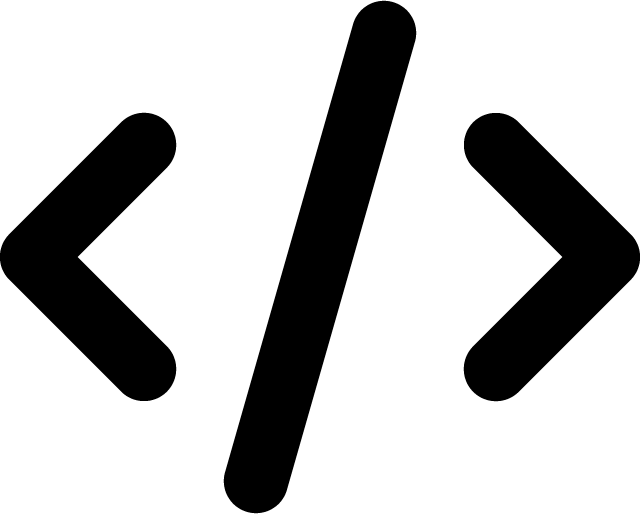Better Use of Boolean Values in IF Statements
Last Updated on: March 24, 2023
In programming, writing code that is clear and easy to read is crucial for effective communication and collaboration. One way to improve the readability of your code is by using boolean values in IF statements more effectively.
Consider the following code snippet:
$valid = true;
if ($valid === true) {
// do something
} else {
// do something else
}
While this code works, it can be made shorter and more readable. Instead of explicitly comparing the variable to true, you can simply use the variable name itself in the IF statement. The same code can be rewritten as:
if ($valid) {
// do something
}
This simple change eliminates the need for explicit comparison and makes the code easier to read. Additionally, it is more concise and quicker to write.
Similarly, testing for false can also be improved. Instead of using if ($valid == false), you can use the negation operator ! to achieve the same result. This results in code that is shorter and easier to read:
if (!$valid) {
// do something
}
Overall, these changes may seem small, but they can make a big difference in the readability and maintainability of your code. By consistently writing clear and concise code, you can improve your efficiency as a programmer and make your code more accessible to others.
Get notified of new posts:
